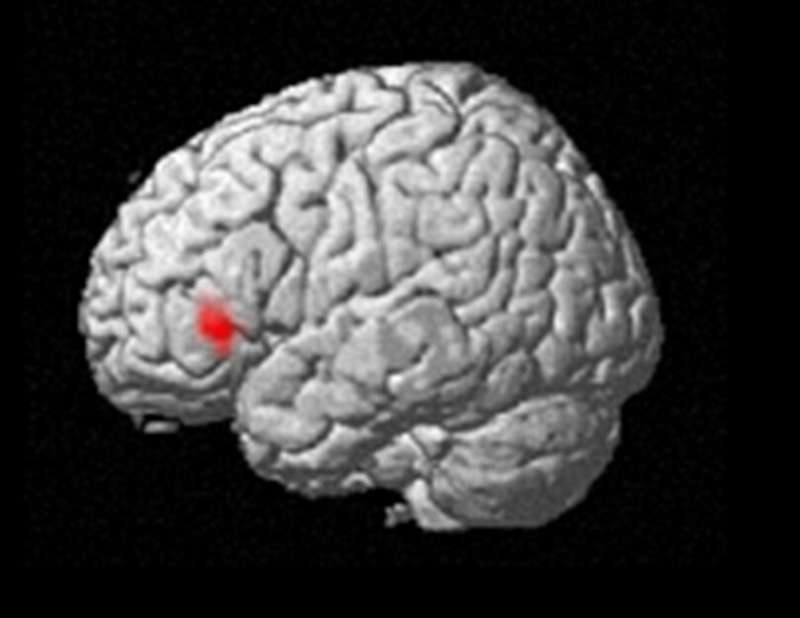This article has been reviewed according to Science X's editorial process and policies. Editors have highlighted the following attributes while ensuring the content's credibility:
fact-checked
peer-reviewed publication
proofread
Visual food cues can affect your eating behavior even when you are not aware of them

Controlling your food intake can be even more difficult than you think. Osaka Metropolitan University scientists show that visual food cues can affect your eating behavior even when you are not aware of them. Their findings were published in PLOS ONE.
Obesity is one of the major pathological conditions that constitute lifestyle-related diseases and is known to be associated with myocardial infarction, stroke, and carcinogenesis. Approaches to regulate eating behavior are widely used in an effort to control obesity, but it has been reported that about half of those who receive dietary guidance return to their original weight within five years.
To explain the limited effectiveness of such guidance, one hypothesis suggests that not only conscious neural processes, which the dietary guidance targets, but also unconscious neural processes play an important role in controlling eating behavior. However, there were no studies directly examining the validity of this hypothesis at the level of neural activity.
The research team led by Professor Takahiro Yoshikawa from the Graduate School of Medicine at Osaka Metropolitan University has revealed that in the inferior frontal gyrus, a region of the brain's frontal lobe that controls eating behavior, neural activity differs in response to visual food stimuli, or food images, depending on whether those images are presented consciously or unconsciously.
Using a questionnaire to assess the study participants, the team found that this difference was associated with their scores on eating behaviors, including emotional eating and cognitive restraint of food intake. These results indicate that eating behavior cannot be understood without taking into account both unconscious and conscious neural processes.
"If we can learn more in future research about how eating behavior is controlled by unconscious neural processes, we can combine that understanding with our current knowledge of conscious neural processes to potentially develop more effective methods for regulating eating behavior," said Professor Yoshikawa.
More information: Rika Ishida et al, Association between eating behavior and the immediate neural activity caused by viewing food images presented in and out of awareness: A magnetoencephalography study, PLOS ONE (2022). DOI: 10.1371/journal.pone.0275959



















